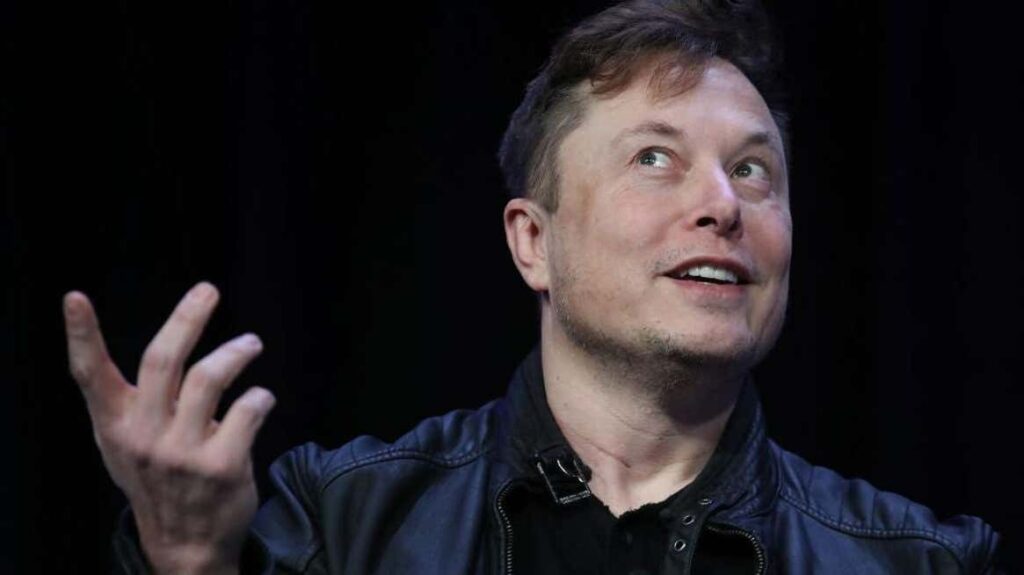You all know Elon Musk, come on. The CEO of Tesla, Twitter, SpaceX, Neuralink, Starlink, Boring Company, and half a dozen other notable startups. He's decided to add a new title to his resume: owner of Snailbrook. Owner of an entire city.
According to the Wall Street JournalIn fact, the billionaire is working on building a “utopian” city in Texas near his Boring and SpaceX facilities under construction.
What will Snailbrook be like
Musk's plans include building a place where his employees will be able to live by paying about $800 a month for a one- or two-bedroom house. Privilege prices in a place with benefits. Sure, provided you have to leave town within 30 days if fired or resigned.
The idea, favored by the recent legislation of Texas and Nevada (which "opens up" residential settlements to large Big Tech groups), does not seem bad. On paper.

“Corporate” cities, a long history
Snailbrook is not a new idea. The history of cities built by large companies is not recent, it comes from afar. It had embryonic moments (the residential parks created by the great Adriano Olivetti, for example). It had sad moments (mining towns as prison camps where workers lived in spartan housing, sent their children to company-owned schools, and were paid partly with currency spendable only within the settlement).
Recently, the “aims” of technocracy have led to small-scale development plans Disney's “techno-city”., Meta villages and entire neighborhoods branded Google.
How can it be an “Elon City”?
Considering Musk's eccentricity and his "sportsmanlike" attitude towards employees I imagine that Snailbrook's demographics will be quite stormy. Something like "let's not get too attached to our neighbors, who don't know if they'll still be there tomorrow".
Good thing Snailbrook won't be reserved for Twitter employees.


